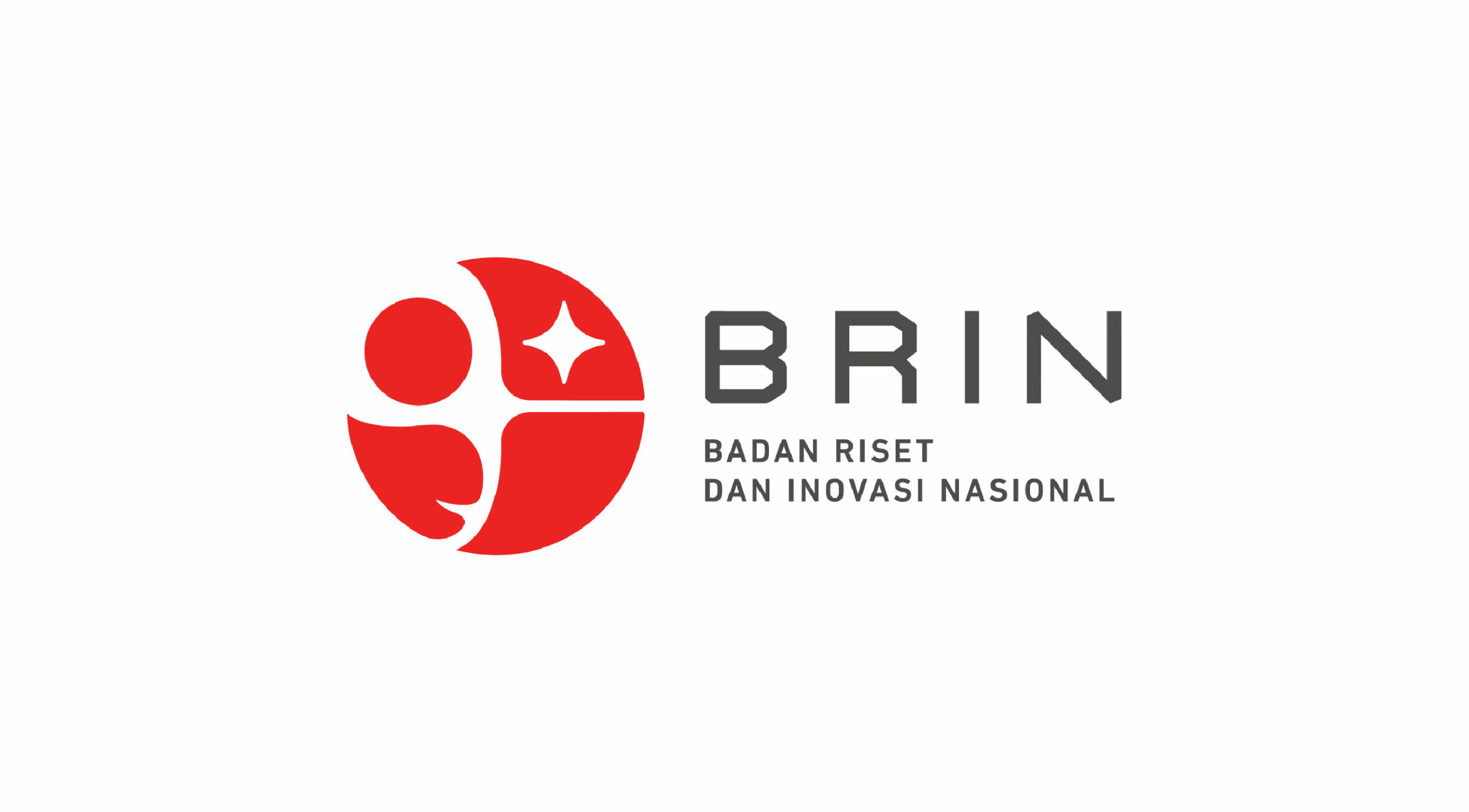Kantian Criticism: Reinterpreting Epistemology for the Transformation of Sharia Economics
DOI:
https://doi.org/10.33752/tjiss.v5i2.8483Keywords:
Kantian Epistemology, Sharia Economics, Synthesis A Priori, Qualitative Methodology, Transformation of Economic Sciences.Abstract
This study identifies the development of sharia economic epistemology, particularly in terms of the lack of integration of Western epistemological theories, especially Kantian epistemology, into the framework of sharia economics. The purpose of this study is to explore how the reinterpretation of Kantian epistemology can enrich the theory and practice of sharia economics, as well as identify the potential for methodological improvements in sharia economic research. The research method used is qualitative design with a literature study approach and conceptual analysis, which involves thematic and content analysis of relevant academic literature. The results show that the integration of Kantian epistemology can provide a new dimension in sharia economic theory by introducing a priori category and cognitive structure, as well as improving research methodologies with a more reflective and holistic approach. The application of the Kantian principle can also improve sharia economic practices in the global market and support the formation of more adaptive policies. Recommendations for further research include empirical testing of the application of Kantian epistemology in various sectors of the sharia economy, as well as the development of a policy framework based on Kantian principles to improve flexibility and responsiveness to global changes.
Downloads
References
Indonesia.” Jurnal Tabarru’: Islamic Banking and Finance 5, no. 2 (2022): 355.
Arifullah, Ahmad Tsarwat dan Mohd. “Respons Atas Orientalisme Di Tanah Air: Antara Konservatisme, Liberalisme Dan Moderat.” Tajdid 23, no. 1 (2024): 258–88.
Aulia, Sherly. “Teori Pengetahuan Dan Kebenaran Dalam Epistemologi.” Jurnal Filsafat Indonesia 5, no. 3 (2022): 242–49.
Bachtiar, Palmira Permata, Rendy A. Diningrat, Ahmad Zuhdi Dwi Kusuma, Ridho Al Izzati, and Abella Diandra. Ekonomi Digital Untuk Siapa ?, 2020.
Daulay, Lily Sardiani, Nur Elmi, Ilham Karim Parapat, U I N Sumatera, and Utara Medan. “Epistemologi Filsafat Dan Sains Perspektif Barat Dan Islam Dalam Dunia Pendidikan.” Scaffolding: Jurnal Pendidikan Islam Dan Multikulturalisme 4, no. 3 (2022): 408–21.
Dedi. “Aplikasi Mashlahat Transaksi Ekonomi Syariah Kontemporer Pada Madrasah Aliyah Jidris Salam Perspektif Legislasi.” Integratif : Jurnal Magister Pendidikan Agama Islam 1, no. 1 (2022): 46–59.
Dinata, Syaiful. “Epistimologi Kritisisme Immanuel Kant.” Kanz Philosophia A Journal for Islamic Philosophy and Mysticism 7, no. 2 (2021): 217–36. https://doi.org/10.20871/kpjipm.v7i2.183.
Fadli, Muhammad Rijal. “Hubungan Filsafat Dengan Ilmu Pengetahuan Dan Relevansinya Di Era Revolusi Industri 4.0 (Society 5.0).” Jurnal Filsafat 31, no. 1 (2021): 130–61. https://doi.org/10.22146/jf.42521.
Fasya, Gania. “Prinsip Dan Aplikasi Hukum Ekonomi Syariah Dalam Bisnis Modern.” Jurnal Ekonomi Dan Bisnis 1, no. 1 (2021): 73–76.
Fiyantika, Tania Putri, and Fauzatul Laily Nisa. “Tantangan Ekonomi Syariah Dalam Menghadapi Masa Depan Di Era Globalisasi.” Economic and Business Management International Journal 6, no. 2 (2024): 105–12.
Fuadi, Muhammad. “Ekonomi Syariah , Peluang Dan Tantangannya Bagi Ekonomi Aceh.” Jurnal Al-Mizan: Jurnal Hukum Islam Dan Ekonomi Syariah 10, no. 1 (2023): 65–74.
Hidayat, Taufik, Fadhli Ihsan, and Arbas Hasibuan. “Epistemologi Immanuel Kant Dan Penerapan Metedologinya Dalam Pendidikan Islam.” Journal of Elementary School Education 3, no. 2 (2023): 258–67.
Mahanum. “Tinjauan Kepustakaan.” ALACRITY : Journal Of Education 1, no. 2 (2021): 1–12.
Maulida, Eva. “New Paradigm : The Urgency of Literacy in Building the Independence of Madrasah Research.” Teungku: Jurnal Guru Nahdlatul Ulama 2, no. 3 (2023): 13–31.
Maulidizen, Ahmad. “Aplikasi Gadai Emas Syari ’ Ah : Studi Kasus Pada BRI Syari ’ Ah Cabang Pekanbaru.” Falah: Jurnal Ekonomi Syariah 1, no. 1 (2016): 249–54.
Muharam, Azka. “Integrasi Ekonomi Syariah Dalam Sistem Syariah Keuangan Global.” Jurnal Inovasi Global 1, no. 1 (2023): 6–13.
Munandar, Aris. “Keadilan Sebagai Prinsip Dalam Ekonomi Syariah Serta Aplikasinya Pada Mudharabah.” Maqdis: Jurnal Kajian Ekonomi Islam 7, no. 1 (2022): 89–102.
Muthmainnah, Lailiy. “Tinjauan Kritis Terhadap Epistemologi Immanuel Kant (1724-1804).” Jurnal Filsafat 28, no. 1 (2018): 74. https://doi.org/10.22146/jf.31549.
Nirasma, Muhammad R. “Dialami Tanpa Mungkin Diketahui: Sebuah Sanggahan Atas Penafsiran Noumena Immanuel Kant Sebagai Entitas Metafisis.” Human Narratives 1, no. 2 (2020): 76–87. https://doi.org/10.30998/hn.v1i2.350.
Nurmansyah, Fran. “Pengaruh Teori Kant Dalam Pengembangan Pemikiran Filsafat Hukum Universal.” Jurnal Hukum Pidana 1, no. 2 (2023): 34–46.
Rahmad Safitri, Dessy Asnita. “Analisis Hukum Ekonomi Syariah Terhadap Bisnis Fintech Peer-To-Peer Lending Menurut Pandangan Islam.” AL - BAY’ : Jurnal Hukum Ekonomi Syariah 2, no. 1 (2022). https://doi.org/https://doi.org/10.32505/albay.v2i1.5886.
Rayuanda, Erik, and Husni Thamrin. “Epistemologi Ekonomi Syariah.” SYARIKAT : Jurnal Rumpun Ekonomi Syariah 5 (2022): 93–100.
Soleh, Achmad Khudori. Integrasi Quantum Agama Dan Sains. UIN Maliki Press (Anggota IKAPI), 2020.
Sovita, Ingra, and Meizi Lidia Rosa. “Pengaruh Pendidikan Dan Literasi Keuangan Terhadap Perilaku Keuangan Dalam Perspektif Ekonomi Syariah Di Kalangan Mahasiswa.” Jurnal Penelitian Dan Pengkajian Ilmiah Sosial Budaya 1, no. 1 (2022): 418–31.
Utomo, Erry, Agus Darmuki, and Sri Surachmi. “Peran Epistemologi Filsafat Dalam Mengembangkan Berpikir Kritis Bagi Anak Sekolah Dasar.” Edukatif: Jurnal Ilmu Pendidikan 6, no. 4 (2024): 3033–47. https://doi.org/https://doi.org/10.31004/edukatif.v6i4.6831.
Vera, Susanti, and R. Yuli A. Hambali. “Aliran Rasionalisme Dan Empirisme Dalam Kerangka Ilmu Pengetahuan.” Jurnal Penelitian Ilmu Ushuluddin 1, no. 2 (2021): 59–73. https://doi.org/10.15575/jpiu.12207.
Wibawa, Ginan, and Rizal Muttaqin. “Jurnal Ilmiah Hukum Implikasi Filsafat Kritisisme Immanuel Kant Bagi Pengembangan Studi Hukum Ekonomi Syariah.” Jurnal Ilmiah Hukum 1, no. 1 (2022): 19–28.
Downloads
Published
How to Cite
Issue
Section
License
Copyright (c) 2024 Akhmad Sirojudin Munir, Achmad Khudori Soleh

This work is licensed under a Creative Commons Attribution 4.0 International License.
Based on the license terms, users are free to:
- Share: copy and redistribute the material in any medium or format
- Adapt: mix, transform, and build upon the material for any purpose, even commercially.
- The licensor cannot revoke these freedoms as long as you follow the license terms.
Under the following terms:
- Attribution: You must give appropriate credit, provide a link to the license, and indicate if changes were made. You may do so in any reasonable manner, but not in any way that suggests the licensor endorses you or your use.
- No additional restrictions: You may not apply legal terms or technological measures that legally restrict others from doing anything the license permits.
















